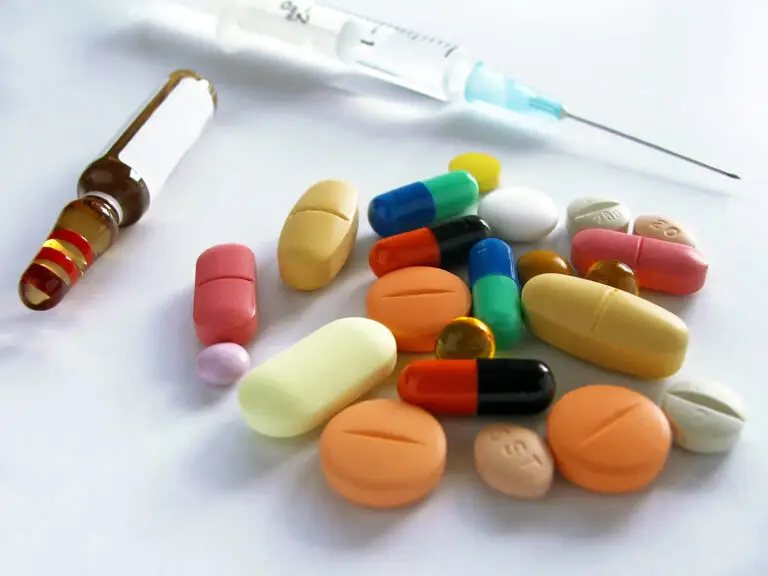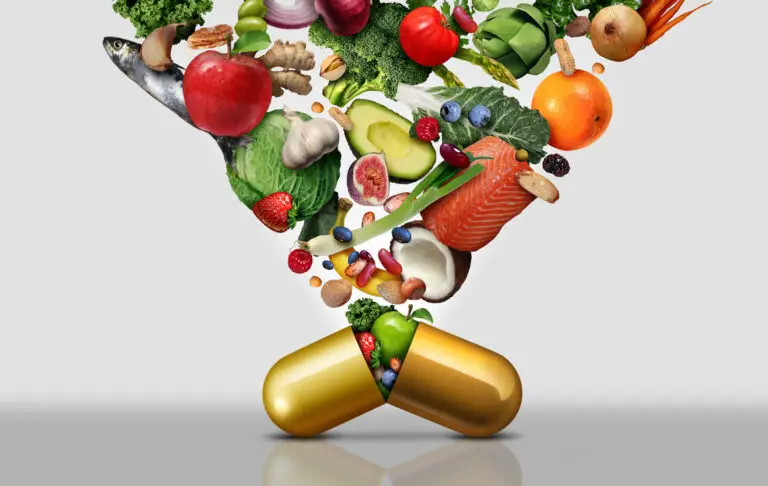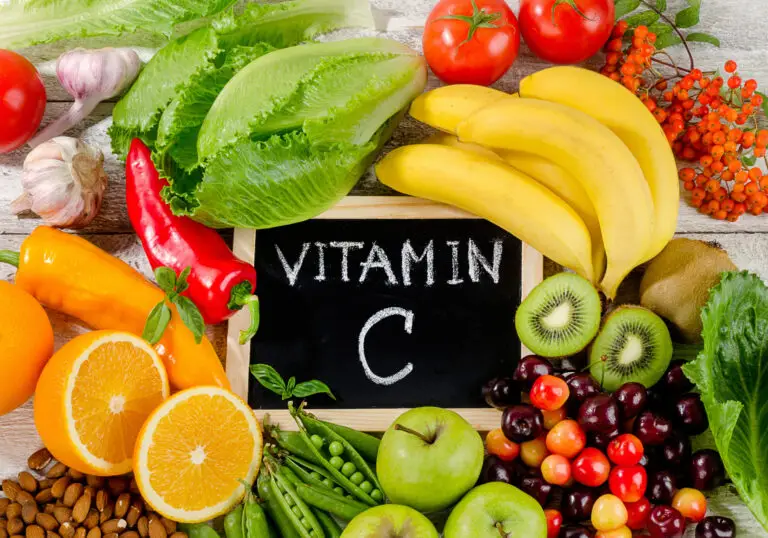Tips and Tricks on How to Drink Safely to Minimize Alcohol Effect
Most adults have a personal relationship with alcohol, whether they identify as sober, social drinkers, or occasional drinkers. Alcohol use is embedded in our culture, often seen as a way to ease social interactions, reduce stress, and enhance celebrations. However, understanding the pharmacology of alcohol effects on the body is crucial for making informed decisions about its use.
The Effects of Alcohol Use: Neurodegeneration
You might be surprised to learn that even moderate alcohol consumption can contribute to neurodegeneration. This process, marked by the loss of neurons in the brain, affects cognitive function and is commonly associated with diseases like Parkinson’s and Alzheimer’s. However, current research shows that measurable neurodegeneration can also occur due to alcohol use, challenging the previous belief that only heavy drinkers face such health consequences.
Recent studies have shown that even moderate alcohol consumption contributes to neurodegeneration, which is the loss of neurons in the brain, impacting cognitive function. A study with 36,678 participants revealed that alcohol consumption, even at moderate levels, is associated with a loss of brain matter. This includes those who drink one alcoholic beverage per day, highlighting that the risk of neurodegeneration increases with alcohol intake.
Impact on Neurogenesis
Neurogenesis, the growth of new neurons, is also affected by alcohol. When blood alcohol levels reach 0.08%, neurogenesis decreases, even if motor coordination impairment isn’t noticeable. This indicates that while we may not feel impaired, our brain is still suffering consequences that aren’t immediately detectable.
How Alcohol Behaves in the Body
Unlike many psychoactive substances that bind to specific brain receptors, alcohol follows a different path. It penetrates every cell membrane in the body, affecting all organ systems. Once ingested, alcohol is converted to ethanol in the stomach, penetrates the intestinal lining, and enters the bloodstream through capillaries. Ethanol then travels swiftly to the liver but can penetrate every cell membrane in the body due to its small molecular size, affecting all organ systems.
Metabolism and Toxicity of Alcohol: In the liver, ethanol is metabolized into a toxic compound called acetaldehyde. Although acetaldehyde has a short half-life, it causes significant DNA damage while present in the body, leading to the sickness often associated with drinking. Eventually, acetaldehyde is broken down into acetate, which is then converted into carbon dioxide and water, exiting the body through these pathways.
Mitigating the Effects of Alcohol Consumption
Here are certain tips and tricks to mitigate the alcohol effects:
1. Eat Before Drinking
Eating before consuming alcohol can reduce blood alcohol concentration levels because food slows the absorption rate of alcohol. This can soften the “peak” of an alcohol experience and reduce the likelihood of feeling ill.
2. Drink Less
The safest way to use alcohol is to drink less. While this may seem impractical, it is the most effective way to minimize the risks associated with alcohol consumption.
3. Supplementation
Supplements like milk thistle can help regenerate liver cells necessary for metabolizing alcohol. IV Lounge Greens-Fruits drink blends, packed with milk thistle, vitamins, and minerals, can be beneficial for hangover recovery. B-vitamins and folate are also effective for recovery before and after drinking.
4. Hydrate
IV therapy is an excellent way to rehydrate after drinking. It is fast, complete, and packed with nutrients and electrolytes, offering a more effective solution than regular water or sports drinks.
5. Self-Regulation and Mental Health
Practicing self-regulation can significantly impact mental health and how one handles alcohol use. Self-regulation involves pausing between a feeling and an action, allowing time to think things through and make a plan. Developing and practicing self-regulation skills can lead to better decisions about alcohol consumption, ultimately benefiting mental health.
6. Pre-game Cocktail IV
Pre-Game Cocktail is loaded with Vitamin C, B Complex, Glutathione, and other essential nutrients. Pre-Game Cocktail is crafted to lessen the impact of alcohol consumption. This blend of micronutrients and antioxidants effectively reduces the symptoms of hangovers. Whether you’re aiming to alleviate nausea, combat dehydration, or gear up for a big night out, this IV cocktail is your go-to solution.
Stay Informed and Make Healthier Choices
Making informed decisions about alcohol use is crucial for maintaining good mental health. By understanding the alcohol effects on the brain and body, and employing strategies like eating before drinking, reducing intake, supplementing with vitamins, and staying hydrated, individuals can mitigate some of the risks associated with alcohol consumption.
Begin your evening with nutrient-rich fluids along with a boost of Pre-game Cocktail. Stay energized and get ready for whatever the night brings. Avoid waking up with a dehydration headache—try Pre-Game Cocktail at IV Lounge today!










